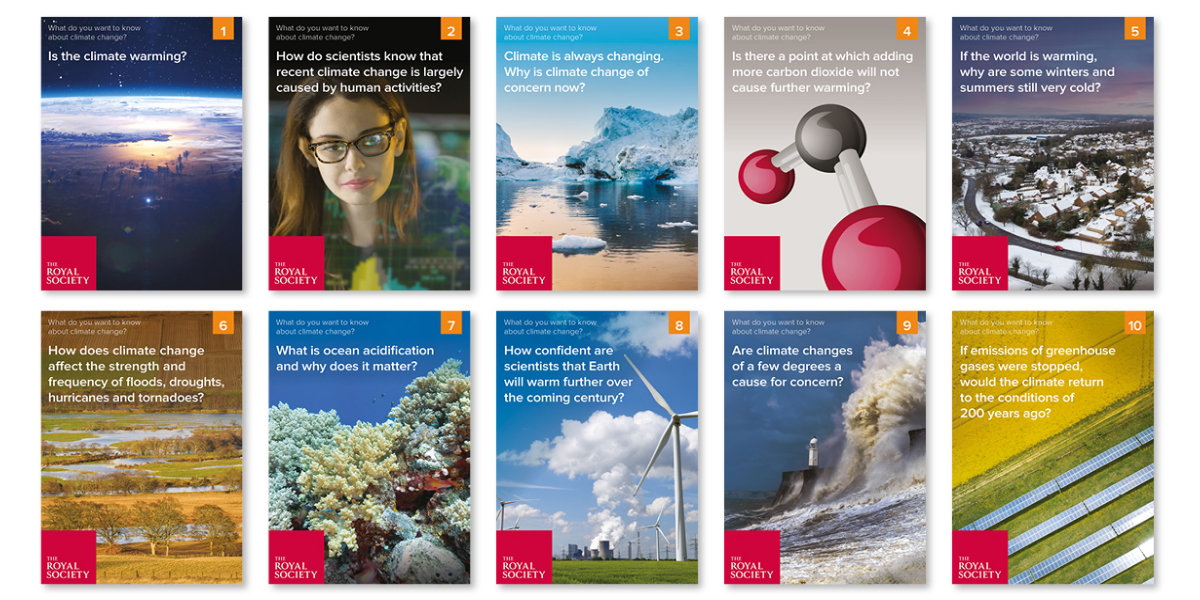Filters
Clear allSubject
- Careers (4) Apply Careers filter
- Climate Change (12) Apply Climate Change filter
- Computing (10) Apply Computing filter
- Creative arts and media (1) Apply Creative arts and media filter
- Cross curricular (18) Apply Cross curricular filter
- Design and technology (32) Apply Design and technology filter
- Engineering (13) Apply Engineering filter
- Mathematics (46) Apply Mathematics filter
- Science (87) Apply Science filter
- Space (2) Apply Space filter
- STEM Ambassadors (3) Apply STEM Ambassadors filter
- STEM Clubs (3) Apply STEM Clubs filter
Age range
Type
- Activity sheet (69) Apply Activity sheet filter
- Article (1) Apply Article filter
- Assessment (2) Apply Assessment filter
- Audio (1) Apply Audio filter
- Data set (4) Apply Data set filter
- Experiment (4) Apply Experiment filter
- Game (4) Apply Game filter
- Group work (5) Apply Group work filter
- Image (3) Apply Image filter
- Information sheet (14) Apply Information sheet filter
- Interactive resource (4) Apply Interactive resource filter
- Open-ended task (1) Apply Open-ended task filter
- Poster (4) Apply Poster filter
- (-) Remove Presentation filter Presentation
- Quiz (1) Apply Quiz filter
- Research (4) Apply Research filter
- Teacher guidance (98) Apply Teacher guidance filter
- Video (16) Apply Video filter
- Include Physical Resources (0) Apply Include Physical Resources filter
Showing results for "climate change"
Showing 141 results
In this resource students are required to use moving averages to investigate evidence for trends in local temperature change. There are links to the very real political and scientific debates regarding the question of climate change.
Climate Change Overview This brief overview makes...
This resource consists of five lessons in which students research the effect of climate change on glaciers. The overall learning objectives for the lessons are: * To understand the definition of a glacier * To understand what glacier mass balance means (what inputs mass and what are the outputs) * To understand how...
Published by the Wellcome Trust, the 'Big Picture' explores issues around biology and medicine. The Earth's climate is changing ever faster, and human activities play a role in speeding up this change.
The Earth’s climate is changing. In fact, it has always been...
This field study encourages students to investigate the vegetation in a lowland heathland habitat and to use a GPS unit to map habitat fragments. Students could also make management decisions, deciding where to place habitat corridors to help prepare for the possible effects of climate change.
Four...
A number of images from Practical Action showing the effects of climate change and climate change adaptation. The images can be freely used by students and/or incorporated into teaching resources by teachers. The following text describes each of the photographs: *Drought in Kenya means there is little water left...
In this resource form the Science and Technology Facilities Council (STFC), students are asked to evaluate the evidence about climate change and think about ways to manage the worst of its effects. Students learn about the ways of modelling the effects using computers using data and knowledge of physical processes...
This activity looks at climate change and its effects on succession in a location in Norfolk over 12000 years ago.
Students carry out a simulation of a bog core analysis, based on work by the University Corporation for Atmospheric Research together with data from the Department of Geography, University of...

These evidence-based, question and answer style classroom resources can be used to engage students in the climate...
The Nuffield Foundation provides this activity which students use to create spreadsheets that model what would happen to the temperature of the Earth if there were to be a sudden change in the amount of radiation entering or leaving the planet. Students then investigate polynomial and exponential functions to find...
This resource from The Economist Educational Foundation engages students with big questions about climate change and human intervention. The sessions explore the viability of our attempts to keep temperatures down and supports students to discuss the obstacles to success and question where...
In this ARKive resource, students learn about how different animals and plants are adapted to surviving in arid habitats. Working in groups, students design and carry out an experiment aimed at testing the effectiveness of different adaptations in reducing water loss. Using a worksheet as guidance, students also...
A phase change material are substances that absorb or release energy when it changes its physical state, providing useful heating or cooling properties. Did you know that phase change materials were developed by NASA to keep astronauts comfortable in the extreme temperature fluctuations in space? This resource...
There are teacher notes and student materials which describe the research into the potential effects of climate change on a Coralline algae species. Curriculum links include biodiversity, sampling techniques, student t test, Simpson’s Index, photosynthesis, climate...
This is a concept development lesson that is designed to help students to:
- Overcome common misconceptions about probability
- Count equally likely outcomes using diagrams
- Discuss relationships between theoretical probabilities, observed outcomes and sample sizes
...
